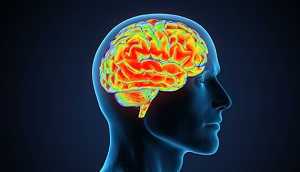Attention A T users. To access the menus on this page please perform the following steps.
1. Please switch auto forms mode to off.
2. Hit enter to expand a main menu option (Health, Benefits, etc).
3. To enter and activate the submenu links, hit the down arrow.
You will now be able to tab or arrow up or down through the submenu options to access/activate the submenu links.
Locator
Contact
Search
Menu
Menu
- War Related Illness and Injury Study Center
- WRIISC Home
- About Us
- Clinical Services
- Referrals
- Airborne Hazards & Burn Pits Center of Excellence
- Women’s Operational Military Exposure Network
- Complex Exposure Threats Center of Excellence
- Research
- Education
- Training/Mentorships
- Veteran Viewpoints
- FAQ
- Calendar
- Contact Us
- Veterans & Public Health
- More Health Care
- Veterans Health Administration
- Health Benefits
- Conditions & Treatments
- Wellness Programs
- Locations
- Research
- Special Groups
- Careers, Job Help & Training
- About VHA
Memory Loss
 |
|
More Information |
Memory loss refers to unusual forgetfulness and may be caused by:
- Disease
- Head injury
- Severe emotional trauma
- Sleep deprivation
Psychological factors that may contribute to memory loss include:
- Depression
- Stress
- Post traumatic stress disorder
Veterans who have experienced traumatic brain injuries (TBI) may be at risk for memory loss. Veterans most at risk for TBI are those Veterans who have experienced a traumatic head injury with resultant loss of consciousness or change in memory or concentration.
You may be able to prevent or minimize memory loss by:
- Wearing protective head gear
- Being in good physical shape
- Avoiding alcohol and tobacco
- Maintaining healthy eating habits
- Getting a good night's sleep
- Doing mentally stimulating activities such as reading and writing
Disclaimer
*Links will take you outside of the Department of Veterans Affairs web site. VA does not endorse and is not responsible for the content of the linked websites.



















